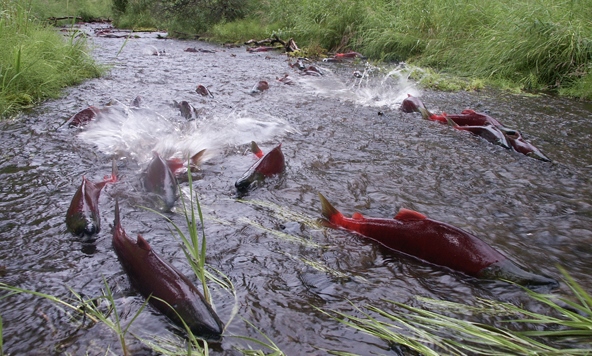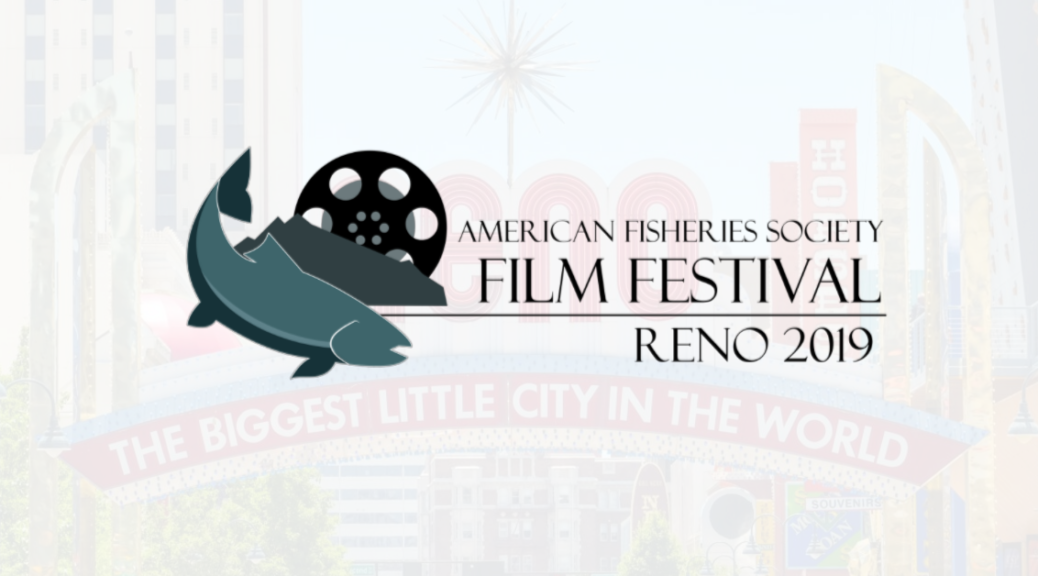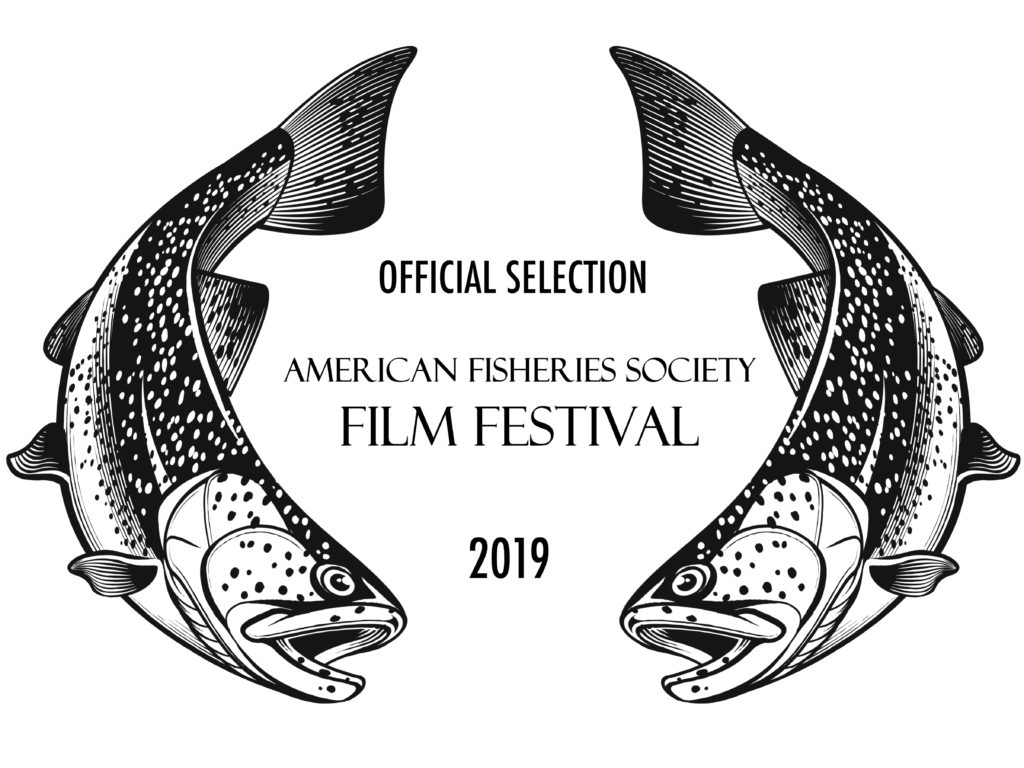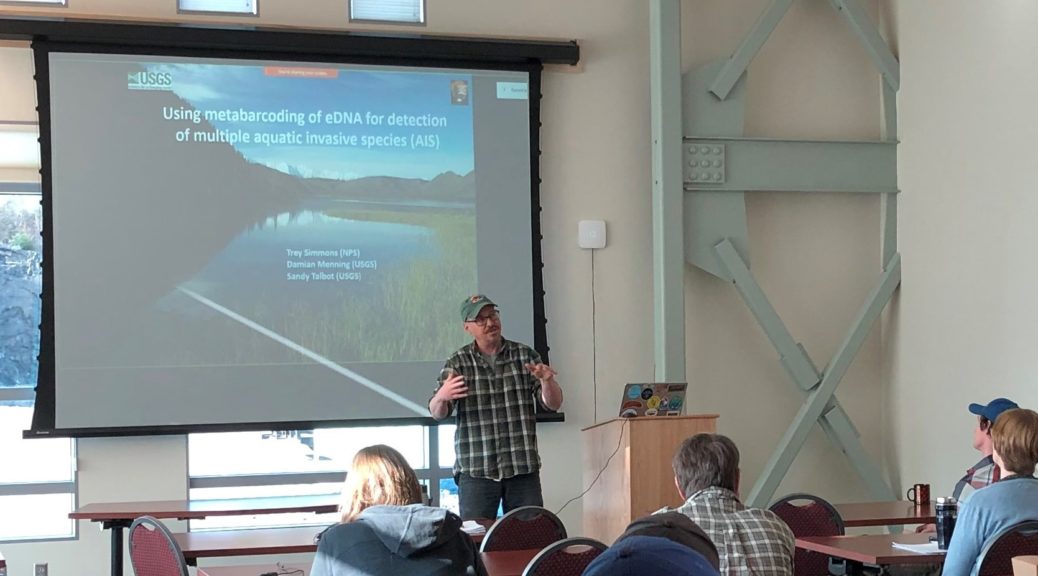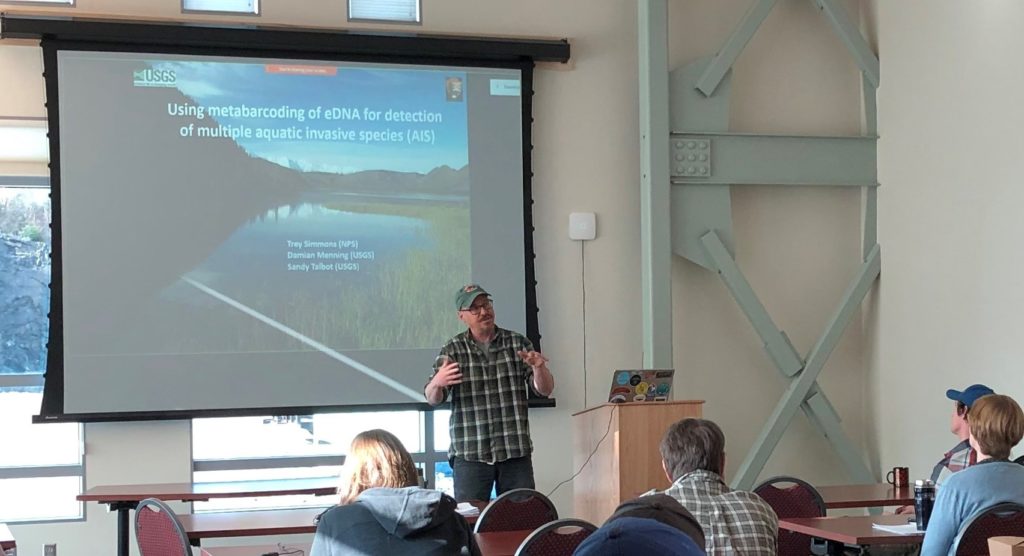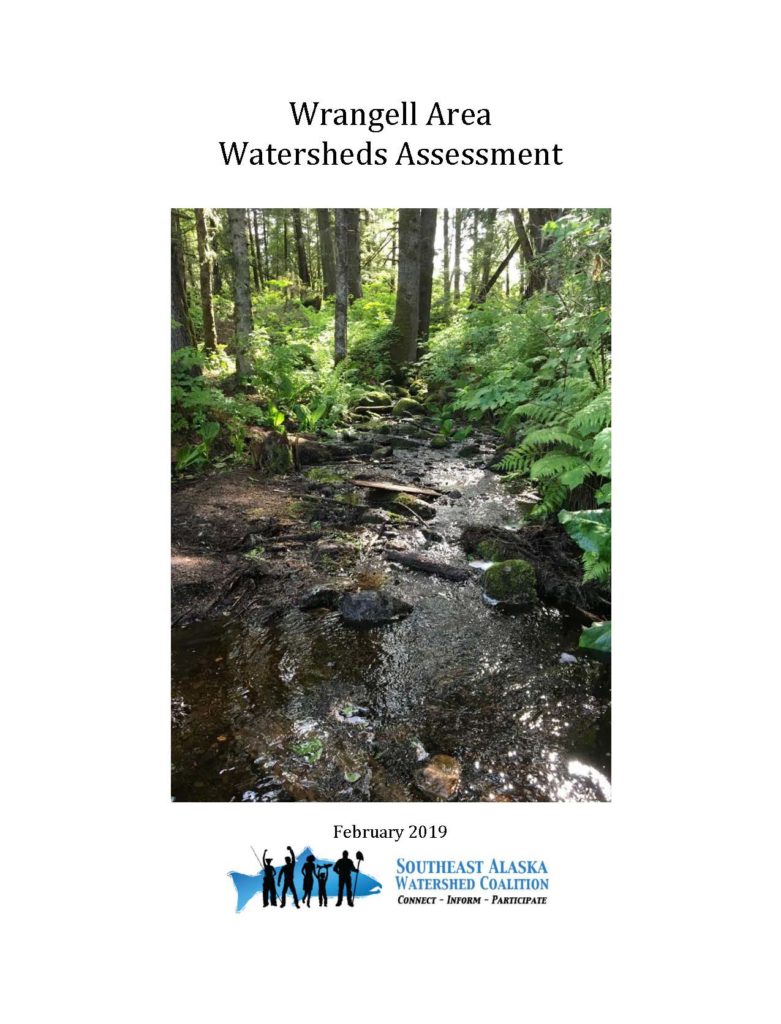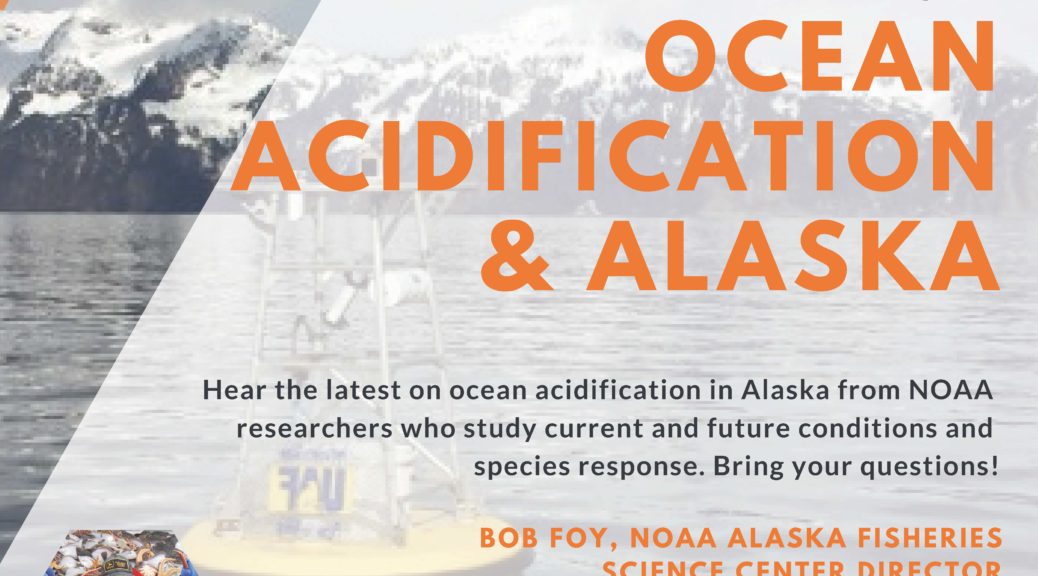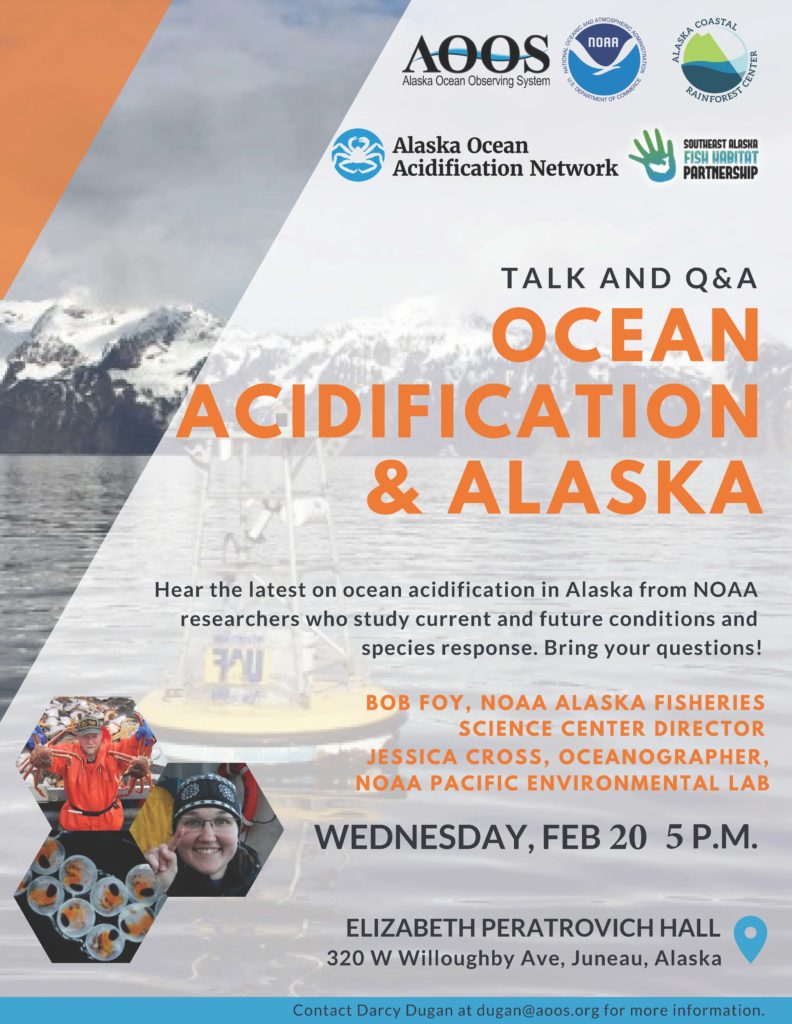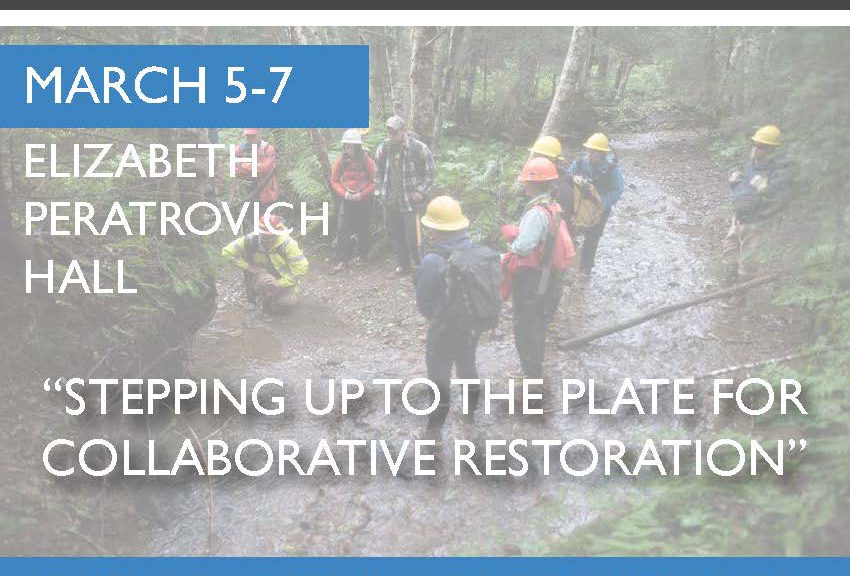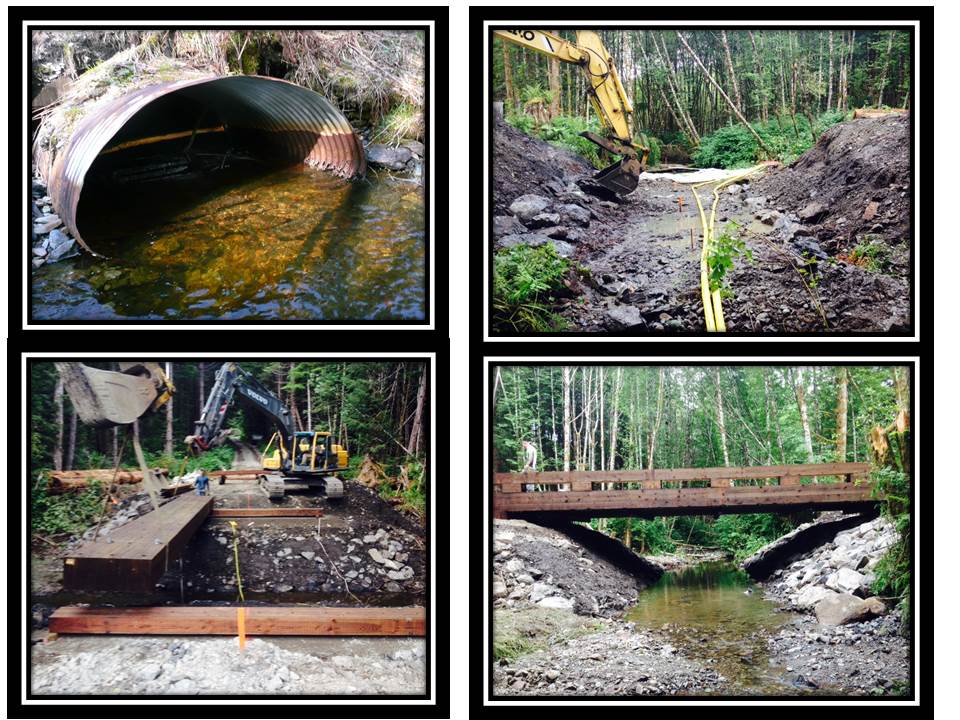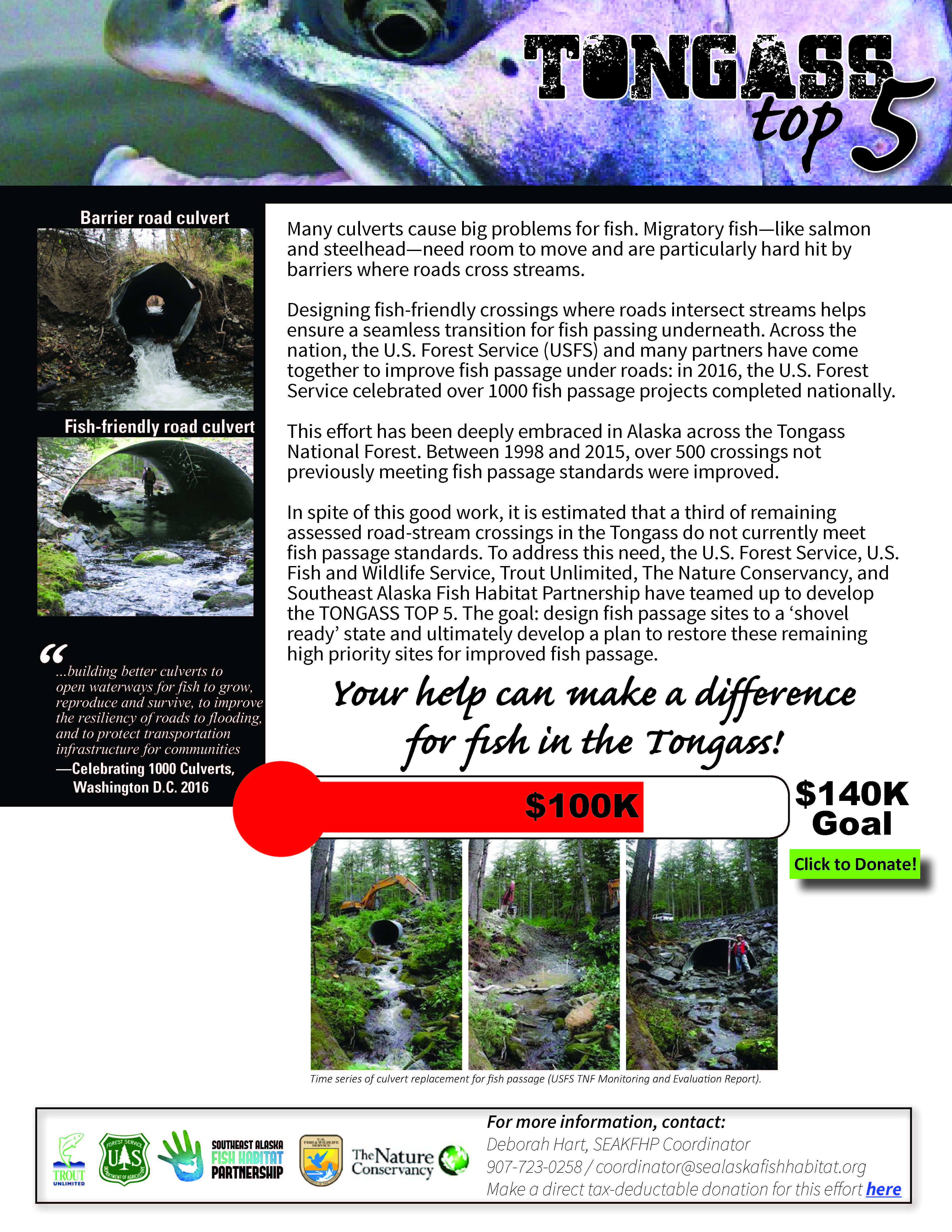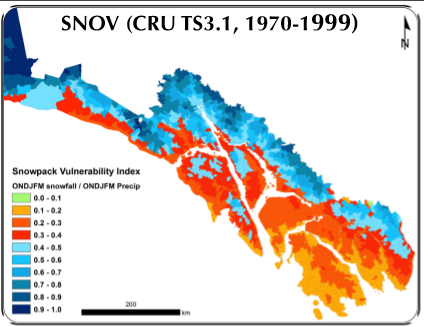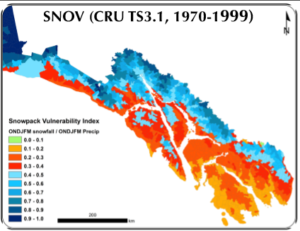Southeast Alaska Coastal Cutthroat Trout Assessment Workshops – April 24-28, 2017 planned for Juneau, Ketchikan and Sitka
The Pacific States Marine Fisheries Commission (PSMFC) and the Coastal Cutthroat Trout Interagency Committee (http://www.coastalcutthroattrout.org/) are conducting an assessment of Coastal Cutthroat Trout (CCT) throughout the subspecies’ geographic range. The assessment includes workshops with knowledgeable local biologists from multiple agencies where we capture data using a GIS-based protocol.
We are conducting workshops focusing on different geographic areas within the state of Alaska. We will be holding three one-day workshops in SE AK the week of April 24-28. Locations and dates are Juneau, April 24; Ketchikan, April 26, and Sitka, April 28th.
The assessment focuses on gathering existing data from agency partners into a single GIS framework. We focus on distribution, habitat quality, population health indicators, and limiting factors. We have developed a protocol that includes professional judgement because CCT are often monitored incidentally. Because of this, we have found that holding workshops with 15-20 experts is a good way to gather an immense amount of information in a short time frame.
Previously, we partnered with ADFG and USFWS to gather data as a foundation for this effort. Data from six state and and four federal sources that were included in that effort are available to view in the final report http://www.westernnativetrout.org/media/2011-funded-projects/final-report—wnti_alaska-cct_2013.pdf.
Please contact assessment coordinator Kitty Griswold for more information about the data already collected or view the interactive map here which displays the data that were geo-referenced: Coastal Cutthroat Trout WebApp
At the workshops we: 1) review and update CCT distribution that we have already collected Coastal Cutthroat Trout WebApp; 2) identify localized threats and conservation opportunities; and 3) conduct a qualitative assessment of habitat condition and CCT population health. Your efforts will help build a range-wide CCT conservation framework that will: 1) identify information needs, 2) develop criteria for identifying conservation units, and 3) identify priority conservation units for enhanced monitoring or rehabilitation.
If you are interested in this effort we are asking you take this 5-minute survey: https://www.surveymonkey.com/r/5VGZPNN
This project fills a major gap for an important native fish. Thanks in advance, and call me at 413 230 0405 or email if you have questions.
Sincerely,
Kitty Griswold, griskitt@isu.edu 

